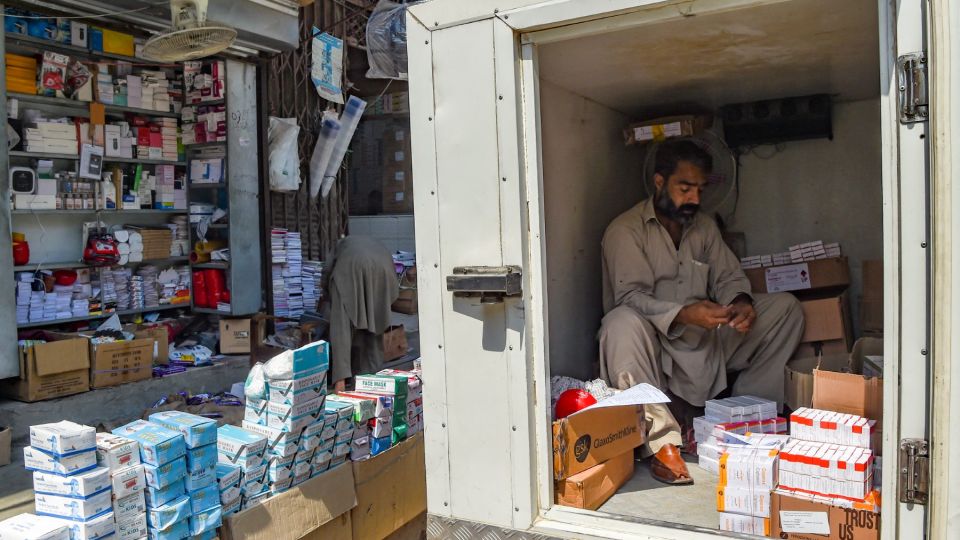November 13, 2025
ISLAMABAD – Medicine prices have increased by an average of 15 per cent since the government announced the deregulation policy in February 2024 instead of 32pc as claimed by the authorities recently, the Pakistan Pharmaceutical Manufacturers Association (PPMA) said on Wednesday.
In a statement, the association said that the figure of 32pc represents the cumulative increase over the past two years, not just after deregulation.
“The actual increase of 15pc includes around 2.5pc growth in production units and new product introductions, meaning the real impact on existing medicines is closer to 13.5pc,” the statement highlighted.
Citing the latest IQVIA report, considered the most reliable global source for pharmaceutical sales and pricing data, the PPMA said the overall price increase stood at only 16pc over the last 12 months.
“Before deregulation, Pakistan’s pharmaceutical sector was facing a severe crisis due to strict price controls, unprecedented rupee depreciation, and record inflation of up to 35pc,” as per PPMA.
These factors, according to the statement, led to acute shortages of vital medicines, including anti-cancer drugs, insulin, anti-TB medicines, heparin, and cardiovascular drugs, forcing patients to rely on counterfeit or smuggled alternatives.
The deregulation policy for non-essential medicines, it said, has helped restore the availability of over 50 life-saving and critical drugs in local pharmacies, as manufacturers have resumed production.
“The association thanked the government for taking timely action to stabilise the market and align Pakistan’s policy with international standards, where only essential medicines remain under price control, as practiced in India and Bangladesh,” the statement noted.


